One of our children recently lamented how difficult it is in the current political climate to understand what really is “truth”, since all sides seem to claim it. He declared himself to be a post-modern when it comes to issues and candidates.
That conclusion troubled me, and so I set out to find truths outside of the current political cycle which can help inform us about how we should look at issues and at candidates. The following is the result of that process.
“Truth is simple, and delights in simple statements. It expects to make its way by its own intrinsic force, and is willing to pass for what it is worth. Error is noisy and declamatory, and hopes to succeed by substituting sound for sense, and by such tones and arts as shall induce men to believe that what is said is true, when it is known by the speaker to be false.”
Albert Barnes‘ New Testament Notes
Pastor, First Presbyterian Church of Philadelphia (1830-1867)
As a Christian, I believe that men and women are made in the image of God, and so we have divine attributes of love, reason, choice, wisdom, etc., but we are simultaneously also fallen, sinful 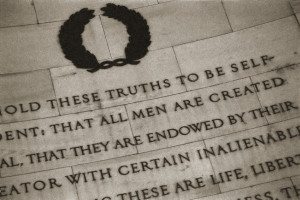
The eternal answer to this dual nature of all people is belief in Jesus Christ, who through his death and resurrection, does not perfect us, but instead substitutes his death for what we deserve. As Tim Keller states, “The gospel is this: We are more sinful and flawed in ourselves than we ever dared believe, yet at the very same time we are more loved and accepted in Jesus Christ than we ever dared hope.”

Our obviously selfish/sinful nature qualifies under Barnes’ definition of truth, as it is obvious to anyone who has raised a child or lived more than a few years. But it is nevertheless denied by several faiths, and certainly by humanists and Progressives, who believe that people are basically good, and that any imperfections can be smoothed away with adequate education, knowledge, regulation and intervention from government and the elites who know how to fix problems, be they psychological, economic, social, political, etc.
Despite Progressives’ denial, our inherent dual nature has inevitably led to a few other simple truths about how societies have always organized.
The family is the basic building block of every society. In families we learn and practice love, conditional acceptance, right behavior, unconditional acceptance, grace, forgiveness, honor, respect for others, encouragement and structure.
The family is the crucible in which each member learns to embrace tolerance, acceptance, communication and living/working together, instead of constantly promoting the sinful self-centeredness with which we are born.
Larger than the family is the tribe, and then, in many civilizations, the state. With few exceptions both community-types were always organized around strict central control, because otherwise our natural individual selfishness would lead to anarchy and chaos. Whether the strong central leader was the patriarch, chief, king, queen, emperor or czar, his or her rule by direct or threatened violence was needed and accepted as preferable to anarchy.
And in every case that I know, a small group within each society, say ten percent or so of the population, benefitted enormously by being the active enablers of the controlling authority. The despot, both ancient and modern, always needs hands, feet and eyes, and so that small group always benefits if it is willing to enforce the authority’s rule.
Then came the American Revolution, led by an incredible and unique group of men whom I believe God assembled at the end of the eighteenth century to chart a new answer for how to organize a large nation: the democratic republic.
Athens and early Rome had been democracies, but most of those with the vote could assemble in one place to decide an issue, and never before had anyone attempted to organize a far-flung and growing nation on democratic principles. Anyone who studies these men’s writings and beliefs for more than a few hours has to conclude that they were like no other group before or since, in their education, wisdom and pragmatism.
How did they handle the truth of the dual nature of all people? Not by expecting citizens to be perfected by reason (as did the French at almost the same time, with disastrous results). They acknowledged, through their mostly shared Christian faith, our fallen state, and looked to individual initiative, rule of law, limited government intervention, virtuous education, shared values and the separation of powers at all levels to enhance and protect the future of the republic.
The last point is critical. Believing from their Biblical perspective that even the most virtuous person or group, if given enough power, will ultimately follow their natural make-up and behave in a selfish, power-centered way, the Founders encouraged everyone to do just that, so long as there were honest and open checks and balances on what could actually be done.
That is why the Constitution and the three branches of government, along with Freedom of Religion, Speech, and the Press (the First Amendment) are so important. They force those of us with different selfish ideas to seek alliances and to make compromises, in a forum where full disclosure and criticism are always expected, and within the boundaries set by the Constitution, to insure the greatest common good and the least self-interest.
Imagine that our large ship of state is navigating upstream in a dangerous, fast flowing river with many twists and shoals. We have a strong engine, but no rudder. The only way we can stay in the safe channel is by the pushing and nudging of many small boats, aligned port and starboard, front and rear, also headed upstream but tied inexorably to the ship of state, and each with its own engine, driver and purpose. The free press and free speech communicate when one boat or group of boats is accelerating or pushing too much, threatening to drive us into a shoal, where we will run aground, stop, and perhaps be destroyed.
When this balance created by the separation of powers and free speech is short circuited, disaster always occurs, because there is then no offsetting balance to the selfishness of the few who benefit from their concentrated power. Whether it is big business, big farmers, big victims, or big unions who benefit from government largesse and therefore only elect politicians who give them what they want, the result is the same. And if the press in lockstep thinks that the result is beneficial, the corrective mechanism does not function quickly enough to prevent disaster.
So how does this perspective inform how we should vote? As stated above, liberal progressives tend to believe that people can be perfected with just a bit more information and/or better policies (both of which are of course to be provided by progressive politicians), and so their default answer to any issue is more government, more programs, less free speech, and more money spent. The little boats must all push in only one direction, never mind that the river twists in many ways (Obamacare).
“Government” as it operates is not an abstract concept or a black box—it is really “people”, and people when given power with no checks will always abuse it. But unlike business or labor abusing power, government can tax and take, with the power of the police state. Which is why special interests work so hard to elect and keep in power those who will pass laws, or when they cannot do that, regulations, which give the special interests the power of the state.
By definition, when you expand the government, you always then have more special interests which will try to influence it and turn the ship of state in their sole direction. Bigger government means more government workers, more concentrated power, and more opportunities for abuse. Not to mention less resources in the private sector to create productive jobs, economic growth, and increased wealth for all.
Libertarians and conservatives, on the other hand, tend to understand the fallibility of man in general and therefore their default position is policies that put less power in the hands of any one group, and include constraints on what the government can do to us.
This does not mean no action or legislation. It means finding ways for the boats to guide the ship of state against the currents, always, by definition, with those on the other side, without giving too much power to any special groups, and protecting free speech and the free press.
So absent a specific candidate who is a criminal, a cheat or a sex-addict, I and anyone else who believes that people are inherently selfish and imperfect should always vote for a Libertarian or a Conservative. Otherwise, there will always be too much power, money and influence in the hands of a small elite.
What, you may ask, as a Christian, does that mean for those whom society has a responsibility to protect and uplift? Those whom Bruce Deel, the Director of the City Refuge, describes as the Least, Lost and Last?
Caring for the poor is a non-negotiable foundation of Christian faith. Recall that all of the following, plus many more, were initiated or empowered primarily by Christians: hospitals, universities, child labor laws, the Abolition movement, homeless shelters, sanatoriums, parochial schools, overseas missions, orphanages, and the civil rights movement. Imagine what would be possible if the government were smaller and therefore took less of our income in taxes,
so that we could give more to those genuinely in need. And also note that human behavior is not much affected by money or things—it takes individual mentoring and role modeling, which are usually provided by faith based ministries.
So I urge you to turn away from the siren call of Liberal Progressive lies—noisy and declamatory—and instead vote for the quiet truth of our American Founders’ hope for all future generations, including ours: less government and more individual responsibility, involvement, and working together to keep the ship of state in the safe channel.


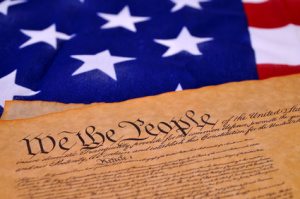
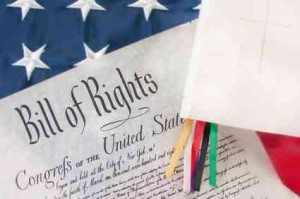

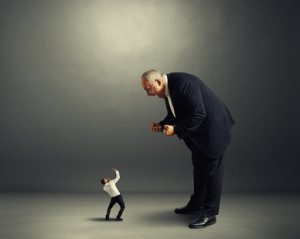

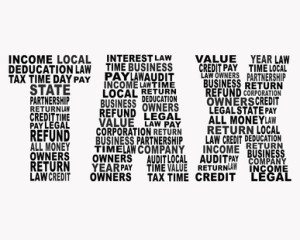
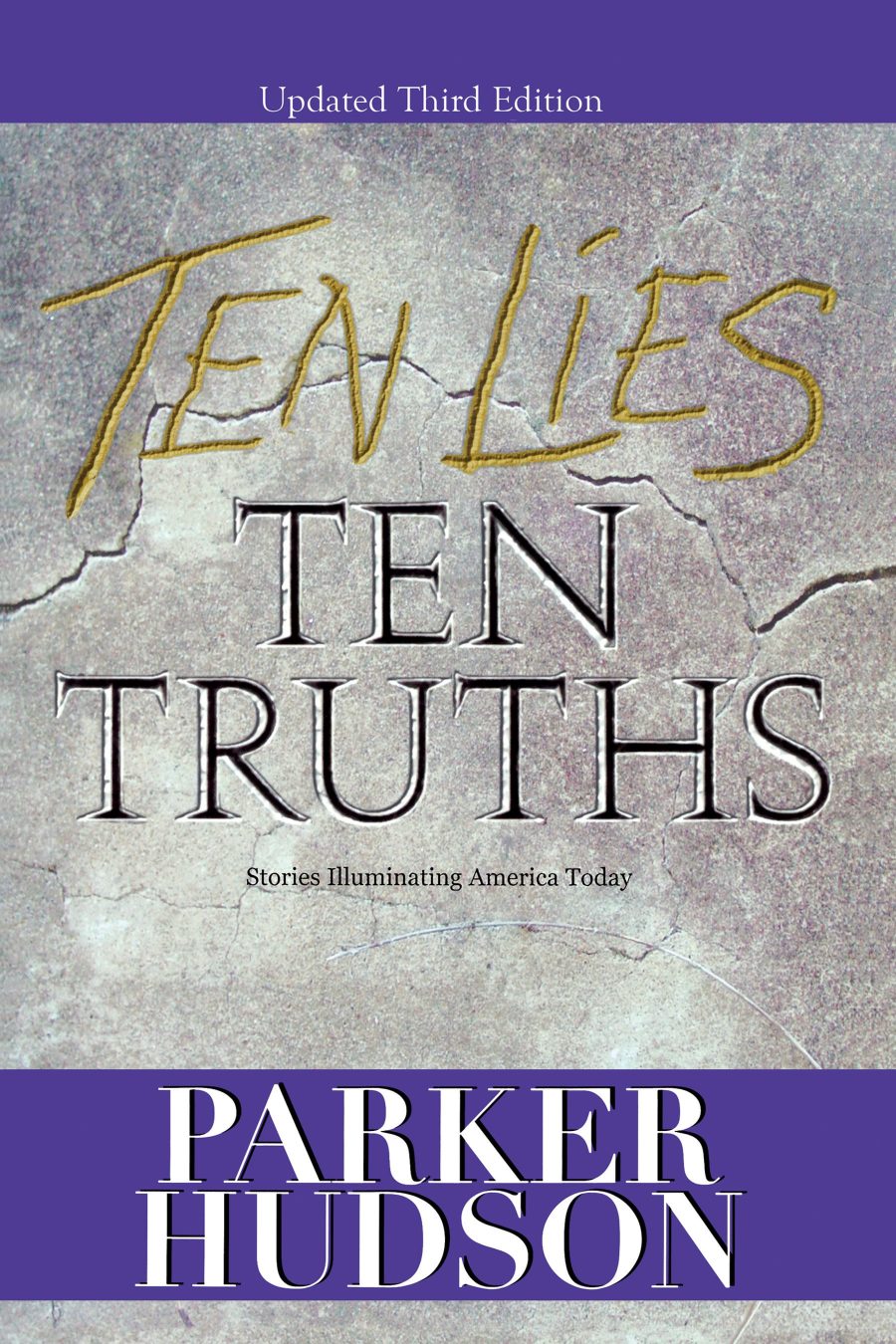
Comments